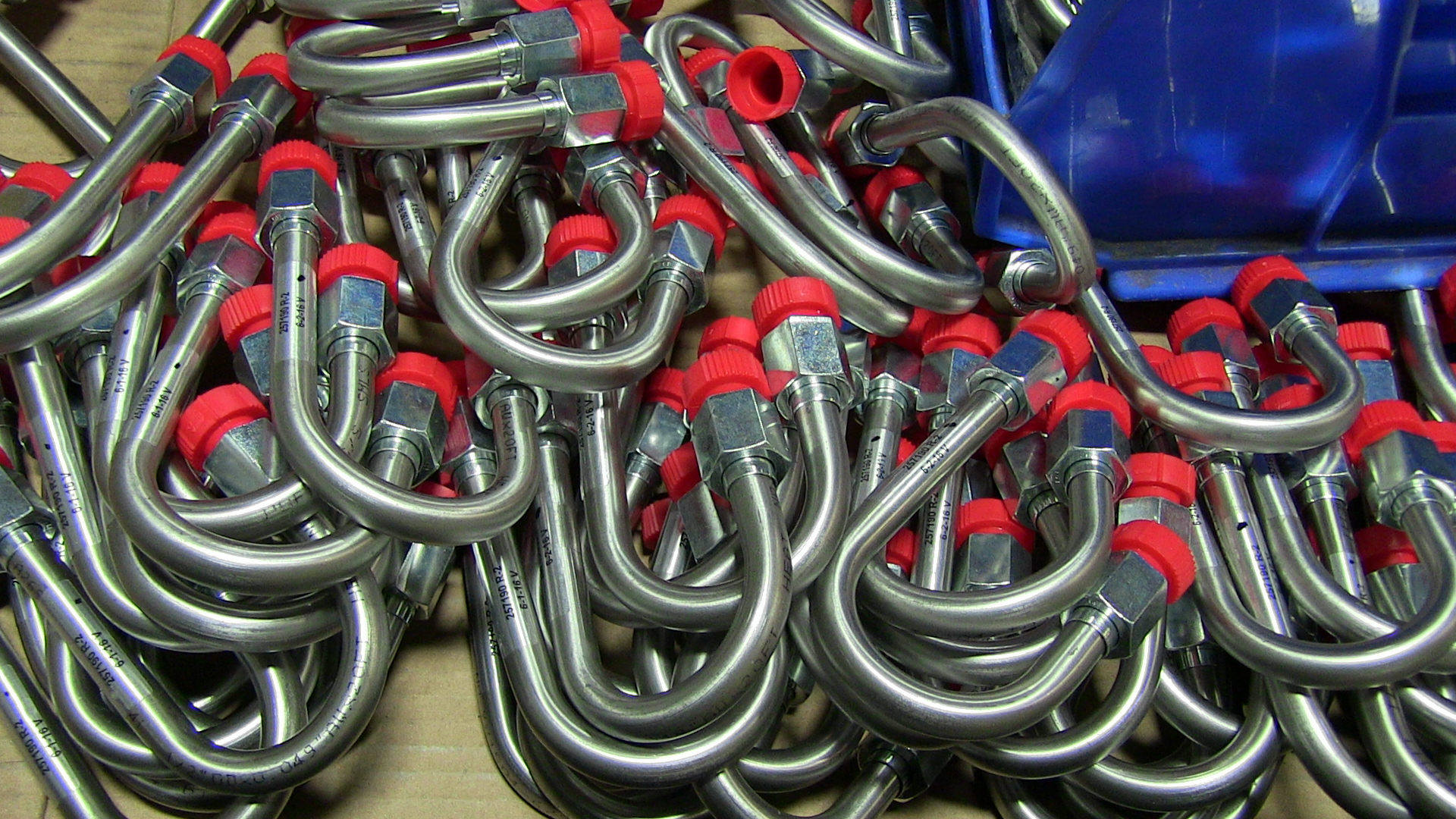Formed Tube Materials
Like anything, having the right product or tool for a job is essential. Sometimes choosing the right hard wall tubing material can be challenging, you have to be cognizant of the material properties and compatibilities since formed tubes can be used to convey fluid (liquid or gas) under pressure, carry loads, be subject to internal and external heat, as well as be used in structural and architectural applications. With the wide range of conditions formed tube products end up in, it’s important to clearly understand applications to ensure the use of material best practices while also balancing costs.
Using the S.T.A.M.P.E.D. philosophy (size, temperature, application, media, pressure, ends, delivery), for proper material selection is a great first step but a complete understanding of the end product’s placement and anticipated performance is also essential.

Below are brief descriptions and benefits of some of the standard SAE and ASTM materials commonly used in formed tubes.
- Unplated Carbon Steel – Used in noncorrosive environments. This carbon and iron based metal is durable, hard and strong, and is an economical choice for applications with water, oil, gas and steam where corrosion is not a problem. The final product is usually painted or coated to offer corrosion coating protection.
- Plated Carbon Steel – Similar to unplated steel, only with the protection of a Zinc coating. This Zinc coating meets ASTM B117-09-Salt Spray Testing and is the standard for plated steel tube and tube fitting parts. It offers the conditional, environmental and corrosion protection and is used widely throughout tube manufacturing.
- Copper – Offers good corrosion resistance and is less expensive than stainless steel. Is moderate in strength, softer and easier to bend and form, and can be used interchangeably with brass. It is commonly used with oil, natural gas, air, and in HVAC applications.
- Stainless Steel – Is a highly corrosion resistant material that provides high strength at high temperatures. It also helps prevent contamination of product being conveyed. Used in applications with water, oil, chemicals, instrumentation, gas and steam where corrosion or cross contamination is a problem.
- Aluminum – Very lightweight, highly corrosion resistant and has a wide working temperature range. There are many grades of aluminum and aluminum can be used in applications involving water, oil, chemicals, instrumentation, gas and steam where temperature and weight are critical factors.
The majority of material noted come in multiple profile options: solid rod, square or tube, SCH 10, 40 or 80 pipe. Choosing the right material and profile is critical – contact one of our formed tube specialists to get assistance in determining the right material for your formed tube project.
